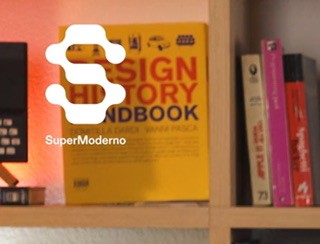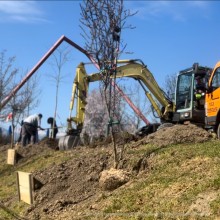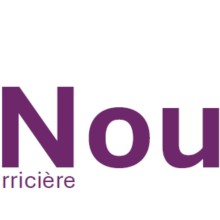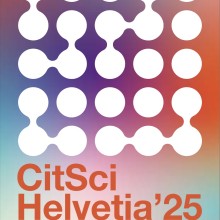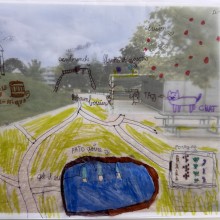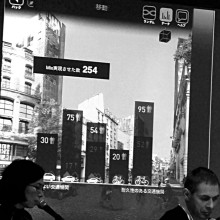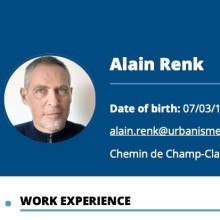Massimo
Adopt collective intelligence.
Succeed with your sustainable planning projects
Open source and free.
Approaches and platforms recognised by UN-Habitat and the European Commission.
As a Swiss public-interest foundation, we believe in the relevance of open urbanism and its democratic approach to accelerating the implementation of sustainable urban development projects.
Our aim is to share the opportunities of open urbanism as widely as possible, free of charge, with public, civic, academic and private organisations. Access to resources is guaranteed by the copyleft licences imposed by the foundation's articles of association (CC BY-SA for documentation and GNA AGPL for software).
Test, use, contribute.
Pragmatic approaches, constantly improved at over 40 sites in Europe, Asia, South America and Africa.
The efficiency and adaptability of these approaches are guaranteed by the open-source philosophy, which enables improvements to be made with each deployment by integrating the contributions of all the players involved: the residents and users of the sites to be modified, and depending on the case, towns, universities, NGOs, Living Labs, designers and participation offices.
Building trust
Strengthen the links between experts and civil society, and between civil society and experts, to initiate a democratic shift towards sustainable lifestyles.
Open urban planning disseminates a culture inspired by the philosophy of free software; listening to each other's contributions and enabling the co-design of shared intentions. This dynamic is at the heart of the ownership and success of sustainable urban planning projects, and of overcoming resistance to change.
Listening to each other implies a new balance; a civil society that wants to see its contributions taken into account must be able not only to express itself, but also to understand and take into account the contributions of political authorities and experts - and vice versa.
Innovating to meet universal needs.
The digital methods and platforms shared by the Foundation meet the needs identified by cities, researchers and practitioners for involving civil society. They enable ;
Broader representativeness by involving all sections of the public in the issues of sustainable territorial transformation, including people who never attend consultation meetings.
The emergence of trust between players through mutual listening, the transparency of contributions and the clarification of decision-making processes to define a shared general interest.
Visible results in the short term to develop the dynamics of commitment in order to go to scale and accelerate the evolution towards appropriate sustainable lifestyles.
Deploying open urbanism.
Our foundation offers three approaches: complete autonomy, support or training.
You are autonomous. You have free access to our documentation (CC BY-SA 4.0 licence) and platforms (available on GitHub under GNU AGPL). Contact us with any questions you may have. We look forward to hearing from you.
You prefer to be accompanied. The Foundation responds to deployment requests from cities or NGOs in the form of studies that are compatible with local urban planning processes. Depending on the case, the Foundation responds alone or in conjunction with local service providers.
Take a training course. By combining a theoretical approach with concrete cases, which can be your own, you will learn how to generate relevant and crucial citizen contributions and knowledge to inform decision-making. These courses are based on our experience and our participation in various international networks such as Décider Ensemble (France), ENoLL (Europe) and UN-Habitat (WUC World Urban Campaign).
Links to universities and schools.
International calls for research proposals and Masterclasses organised with university professors.
Research. The Foundation participates in international calls for research proposals by joining consortia dedicated to sustainable urban planning or to the qualitative and quantitative participation of civil society. In 2025, the Foundation is participating in two European research projects: Interlace (NBS -Natural Base Solutions- Horizon 2020) and Multigination (DUT -Driving Urban Transition- Horizon Europe).
Masterclasses. In collaboration with university professors and their students, we develop one- to two-week masterclasses in open urban planning, where we create temporary Urban Living Labs. These educational workshops enable us to tackle complex issues while directly involving civil society, often with concrete results.
7 Billion Urbanists.
The global network of users of the approaches and platforms initiated by the Foundation.
This network brings together users, contributors and project owners who are implementing urban planning approaches. It enables you to exchange ideas with people in your geographical area about the challenges of sustainable urban planning and open urban planning. It provides a platform for exchanges on local and global issues relating to sustainable urban planning. This network encourages the continuous improvement of methods while creating a direct link between players who share complementary visions.
The Fondation Urbanisme Ouvert would like to express its deep gratitude to all the contributors: residents, professionals, researchers, public and private institutions who are actively involved in enriching a free and shared approach. Our collective commitment is essential if we are to build a sustainable future that is accessible to all.
-
Alain Renk a créé une ressource
-
Alain Renk a créé une ressource
-
Alain Renk a publié
il y a 6 mois Public -
Alain Renk a créé une ressource
-
Alain Renk a créé une ressource
-
Alain Renk a créé une ressource
-
Alain Renk a créé une ressource
-
Alain Renk a créé une ressource
-
Alain Renk a créé une ressource
-
Alain Renk a créé une ressource
-
Alain Renk a créé une ressource
-
Alain Renk a créé une ressource
-
Alain Renk a créé une ressource
-
Alain Renk a créé une ressource
-
Alain Renk a créé une ressource
-
Alain Renk a créé une ressource
-
Alain Renk a créé une ressource
-
Alain Renk a créé une ressource
-
Alain Renk a créé une ressource
-
Alain Renk a créé une ressource
